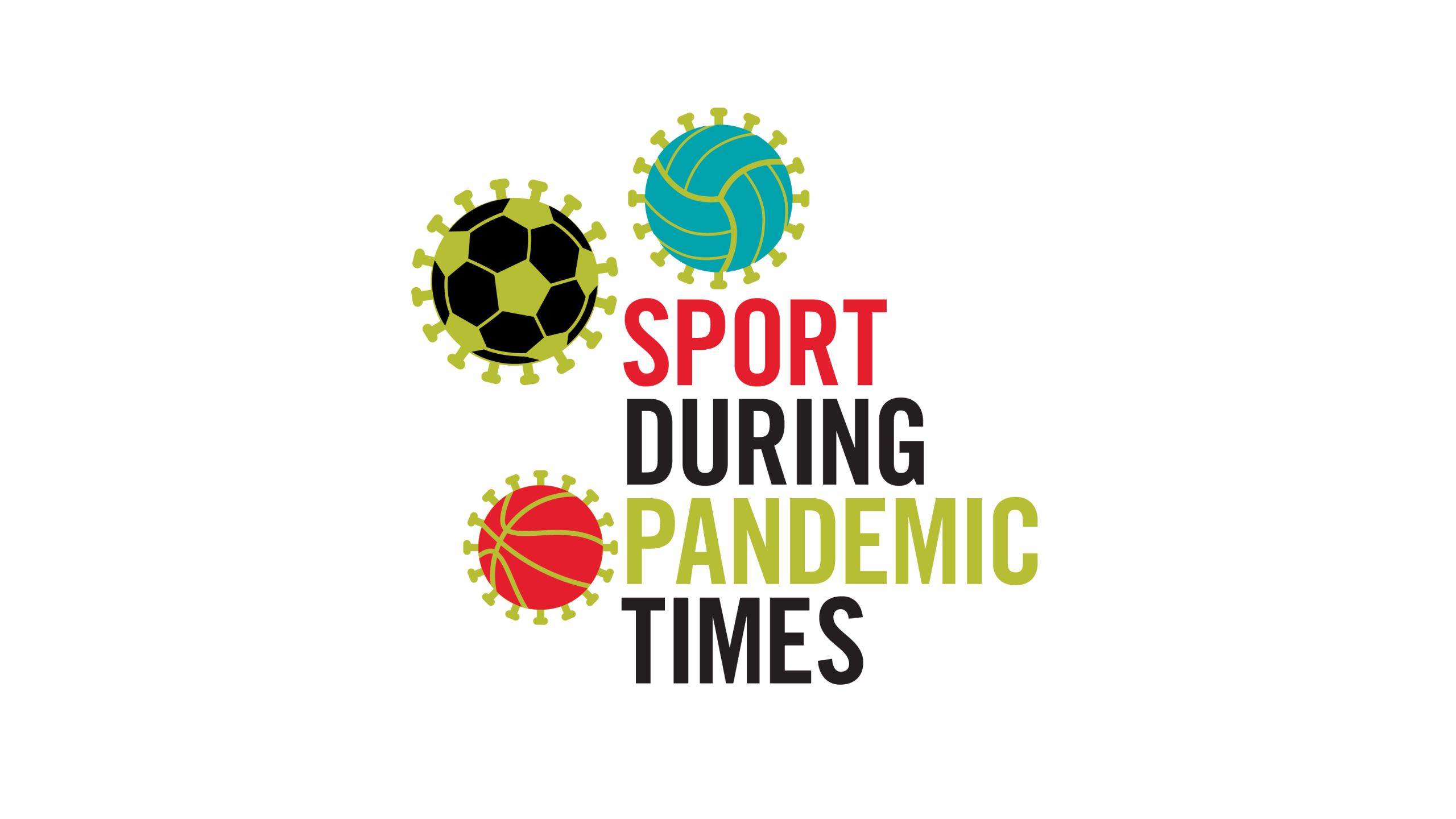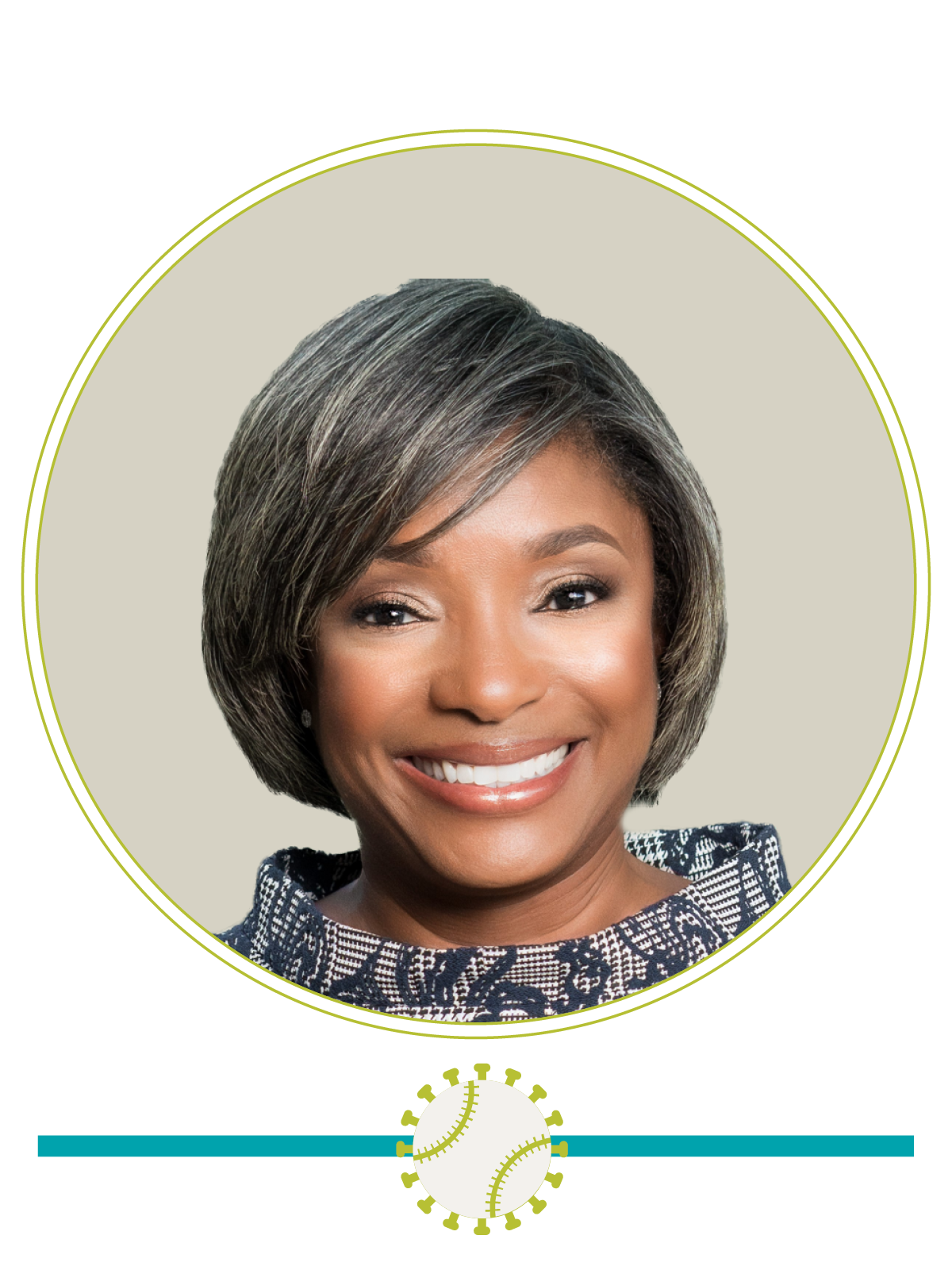15th Annual Virtual
Global Education Forum
Afternoon Sessions
12:30 - 5:15 p.m.

Afternoon Schedule
12:45-2 p.m.
Lunchtime Keynote Address
Working in the Sport Industry
Introduction of speaker
Joseph N. Cooper, J. Keith Motley Endowed Chair of Sport Leadership and Administration and Special Advisor to the Chancellor on Black Life, Department of Leadership in Education, University of Massachusetts Boston
Keynote speaker
DeRetta Rhodes, Executive Vice President and Chief People Capital Officer of the Atlanta Braves
“Career Path into Sport Industry: Lessons Learned, Opportunities, and Challenges”
During this session, Rhodes will speak to the opportunities in the sport industry and what to consider as you are deciding on a career in sports, which can be a very competitive industry. In this lesson, you will develop the fortitude of resilience and strategy. She will discuss her personal experiences, challenges, and the stories of others that help shape the landscape of sports as a career choice.

2:20–3:35 p.m.
Ph.D. Student Panel on Research in Local and International Context
Introduction of panelists and moderator
Yiran Su, Assistant Professor, Department of Kinesiology, Mary Frances Early College of Education
Panelist
Shannon Jolly, Ph.D. Student, Department of Kinesiology, Mary Frances Early College of Education
“Black Student-Athlete Perceptions of Inclusion at Division I Historically White Institutions”
While recent sport research has highlighted the benefits of diversity on teams and in the workplace, few studies have examined how diversity is perceived by student-athletes. Fewer have investigated how racially marginalized student-athletes experience the phenomena. This current study explores the intersection of race, gender, and athlete identity in Black student-athletes at Division I Historically White Institutions (HWIs), their perceptions of inclusion, and its influence on their sense of belonging.
Employing critical race theory and grounded theory, focus groups and semi-structured interviews were conducted with six current Black student-athletes at DI HWIs in the Southeastern U.S. Results revealed five emergent themes: overcompensation for racial marginalization; commitment to social justice activism and allyship; gendered racism; athlete bubble within campus; and invisibility of athlete identity. This research highlights the nuanced experiences of Black student-athletes at HWIs and provides implications for coaches, administrators, and faculty to foster a truly inclusive and equitable environment.
Panelist
Christina Lee, Ph.D. Student, Department of Anthropology, Franklin College of Arts and Sciences
“Doing International Research During COVID-19 Pandemic: A focus on physical activity/sport”
In this panel, Lee will discuss both the ethical and practical considerations of physical activity research in the midst of a pandemic and methods that aid in physically distanced research. To navigate the ethical and practical considerations of this time in international research, we need flexible, COVID-19-risk-dependent research plans to complete projects with a high level of caution while ensuring scientific integrity, community respect, and consideration. Methods in physical activity research provide a great deal of flexibility for investigators to develop and enact research plans in times of uncertainty.
Pedometers, accelerometers, and GPS-enabled fitness trackers allow researchers to study daily physical activity and energy expenditure with minimal contact, and surveys and interviews can be performed by phone, chat, or online. While minimal contact methods may cause some loss in the rich ethnographic data that drives many of us to field research, there are still ways to mitigate this loss. In particular, text and discourse analysis on social media could provide new qualitative insights to contribute to the quantitative data. In regions with accessible internet, video and audio calls can provide unique interview settings and may elicit new information from what would be learned in person. While this time in field research is difficult, it also offers the opportunity to expand our methods and look for new meaning in investigations of physical activity.
Panelist
Joel Licea, Ph.D. Student, Department of Kinesiology, Mary Frances Early College of Education
“Prefrontal cortical activity during a novel progressive motor performance assessment in children with spastic cerebral palsy: a pilot functional near-infrared spectroscopy study.”
Cerebral palsy (CP) describes a range of motor impairments caused by lesions to the developing brain. These impairments are often assessed using functional tests, such as the lateral step-up test (LSUT). However, little is known about the cognitive involvement during functional motor performance assessments in children with CP, specifically in the prefrontal cortex (PFC), where the demands of planning and attention during locomotion and postural tasks are well documented. The aims of this study were to determine if PFC activity during a LSUT is different in children with CP compared to typically developing children and to determine if the degree of PFC activation is related to physical performance during the LSUT.
Findings from the study suggest that PFC activation during a functional test that assesses lower body functional strength is suppressed in children with CP. The mechanisms underlying the observed lower activation and how it relates to the activation of other regions of the brain require further investigation.
Panelist
Katja Sonkeng, Ph.D. Student, Department of Kinesiology, Mary Frances Early College of Education
“Doing Research on Refugees and Migrants in the United States: Achievements and Challenges during COVID-19 Pandemic”
Sonkeng’s study explores the role and meaning of sports for refugees and other forced migrant women in the U.S. to understand its impact on their social inclusion, identity formation, and well-being in their host communities. Using a multi-case study qualitative research approach, the goal is to identify and understand the psychological predictors of sport engagement and to assess sport programs' effectiveness in promoting social inclusion and acceptance of women refugees in host communities.
Findings include positive impacts of participation in sports on participants’ lives-inclusivity, health outlook, identity formation, and positive integrative experiences. Given the current circumstances stemming from the ongoing pandemic, data collection proved to be particularly challenging, given the nature of the vulnerability of the examined population. Even before the global outbreak of COVID-19, women refugees were inherently a vulnerable group, hence it was incredibly difficult to recruit study participants due to the existing feelings of resentment, reluctance, and internalized oppression. Adding the layer of being unable to build trusting relationships on a face-to-face level due to social distancing and other safety precautions, it was certainly a delicate task that Sonkeng overcame, thanks to the help of great partnerships with refugee agencies and sport organizations across the country that connected me with study participants. Additionally, Zoom has proven itself to be a great tool to somewhat connect on a face-to-face level.
Keynote speaker
Brody Ruihley, Associate Professor and Assistant Chair, Department of Sport Leadership & Management at Miami University in Oxford, Ohio
“COVID-19 and the Sport Industry: Consideration, Concern, and Currency”
The unbelievable impact of COVID-19 on the international stage is seen and felt every day. The process of shifting from the normal to the abnormal hit people across the world in an immediate and ongoing discomfort felt to this day. The abrupt halt of nearly every sporting league across the world was disappointing, confusing, alarming, and for many, misunderstood. The world was under attack, with health officials mightily searching to provide guidance, and sport was one of the causalities in early attempts to fight back. Along with in-person contact, dining at our favorite restaurants, playing noon-time basketball, hugging our loved ones, and in-person meetings, people quickly realized how important and how dependent we were in our consumption of sport. Through the days, weeks, and months, our attention may have been temporarily fixed on Korean baseball, mixed martial arts, or a 10-part Michael Jordan documentary, but in our own unique puzzle of normalcy, a big sport-shaped piece was missing. While it is easy to ruminate our own emotional attachment to a myriad of sport entities, what lies on the other side of those cancellations is truly important to consider: businesses, people, and problems. In this keynote presentation, we will peer through crisis-tinted lenses to examine the ways sport considered its role, how sport was/is the center of concern, and how sport handles the financial challenge of operating in the implausible time of COVID-19.

